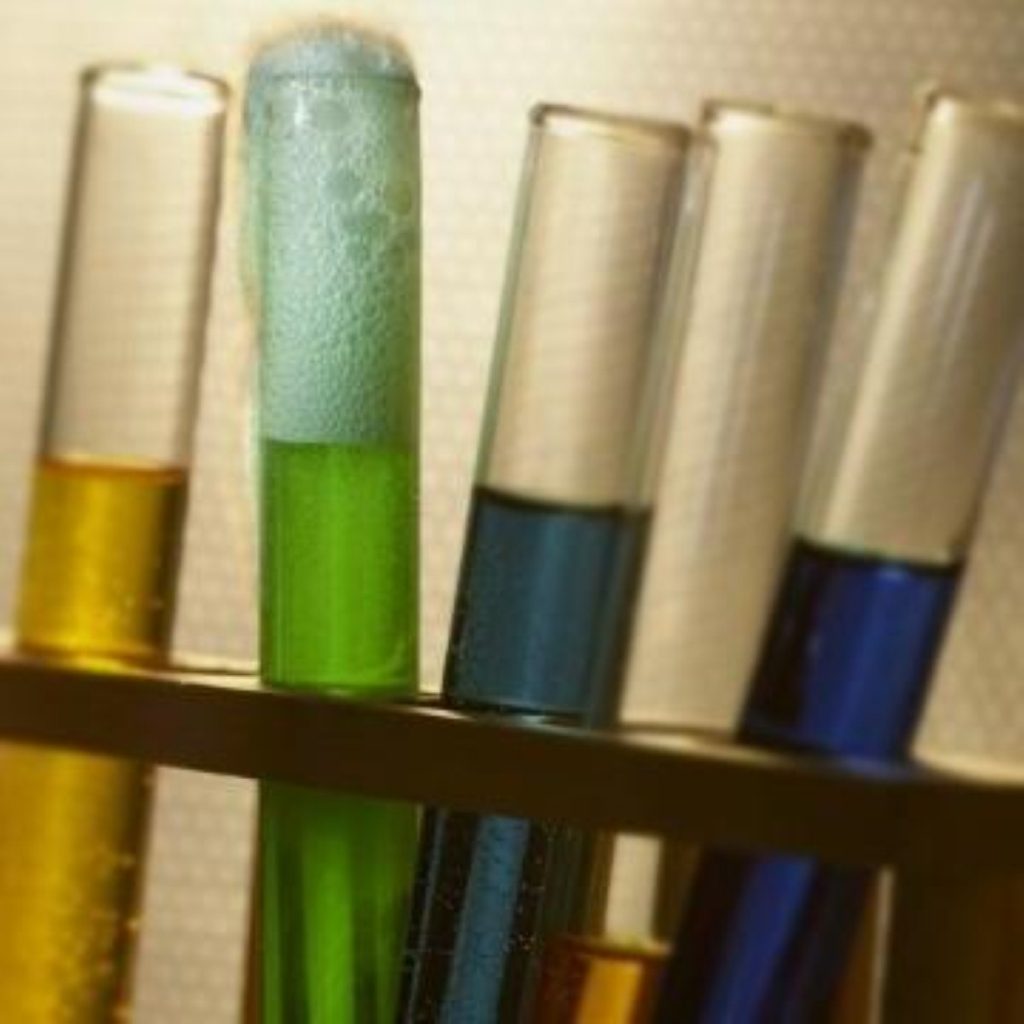New science GCSE ‘fit for the pub’
Leading UK scientists have today accused the government of “dumbing down” school science with a new GCSE that is “more suitable for the pub than the schoolroom”.
The rector of Imperial College London, Richard Sykes, warned that ministers were taking a “back to front approach” by focusing on creating ‘scientifically literate’ pupils with understanding of issues such as GM food, the environment and nuclear power.
“Before the future citizen can contribute to the decision-making process they need to have a good grounding in the fundamentals of science and technology, rather than the sound-bite science that state school curricula are increasingly moving towards,” he says.
His comments come in a new report from the Institute of Ideas about the new range of science GCSEs, which are available from this autumn, and aim to develop scientific literacy, including how science works and how it is applied in everyday life.


David Parks, head of physics at Graveney school, argues against the new GCSE, saying it shows a “confused and contradictory situation” where ministers promise to increase the number of science graduates but “dumb down” the subject to broaden its appeal.
Responding to the report, Sir Richard warns: “A science curriculum based on encouraging pupils to debate science in the news is taking a back-to-front approach. Science should inform the news agenda, not the other way around.”
Baroness Mary Warnock, a leading educationalist, also gives her support for Mr Parks, saying: “It soon became clear that the emphasis in this syllabus is less on basic understanding than on ‘relevance’ – in other words, on controversial issues.
“It is less science than morals and politics.”
Making such a GCSE compulsory was a “recipe for disaster” for encouraging a new generation of future scientists, Baroness Warnock says.
This is already a major problem, with the number of people studying physics A-level falling 56 per cent in the past 20 years. Chemistry applications have fallen 37 per cent.
“Far too much teaching at school has already degenerated into this kind of debate (think, for example, of religious education or philosophy), more suitable for the pub than the schoolroom,” Baroness Warnock argues.
However, a spokeswoman for the Department for Education and Skills said the new science GCSE would “maintain a clear focus on academic rigour” while engaging young people so more of them continued the subject after GCSE.
“Most pupils currently take a double award GCSE specification and we intend to introduce a statutory entitlement to the study of at least two GCSEs, with the intention that at least 80 per cent of pupils will do so,” she added.
“We also propose to establish co-operation between schools, colleges and universities by 2008, so that every child who wishes to choose to study the three separate sciences will be able to do so.”












